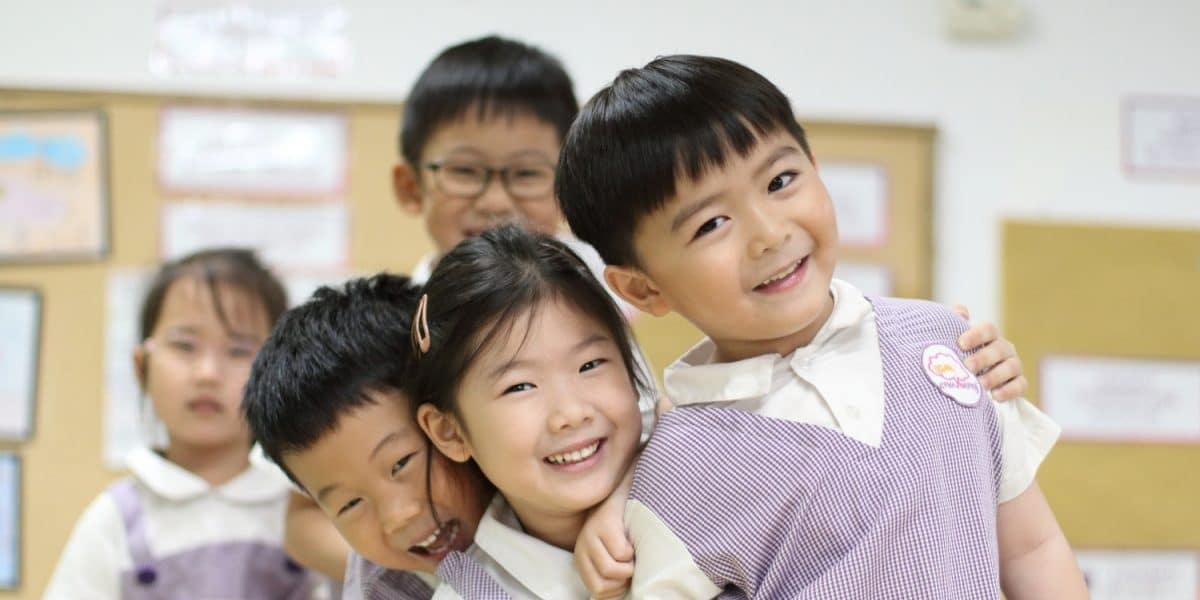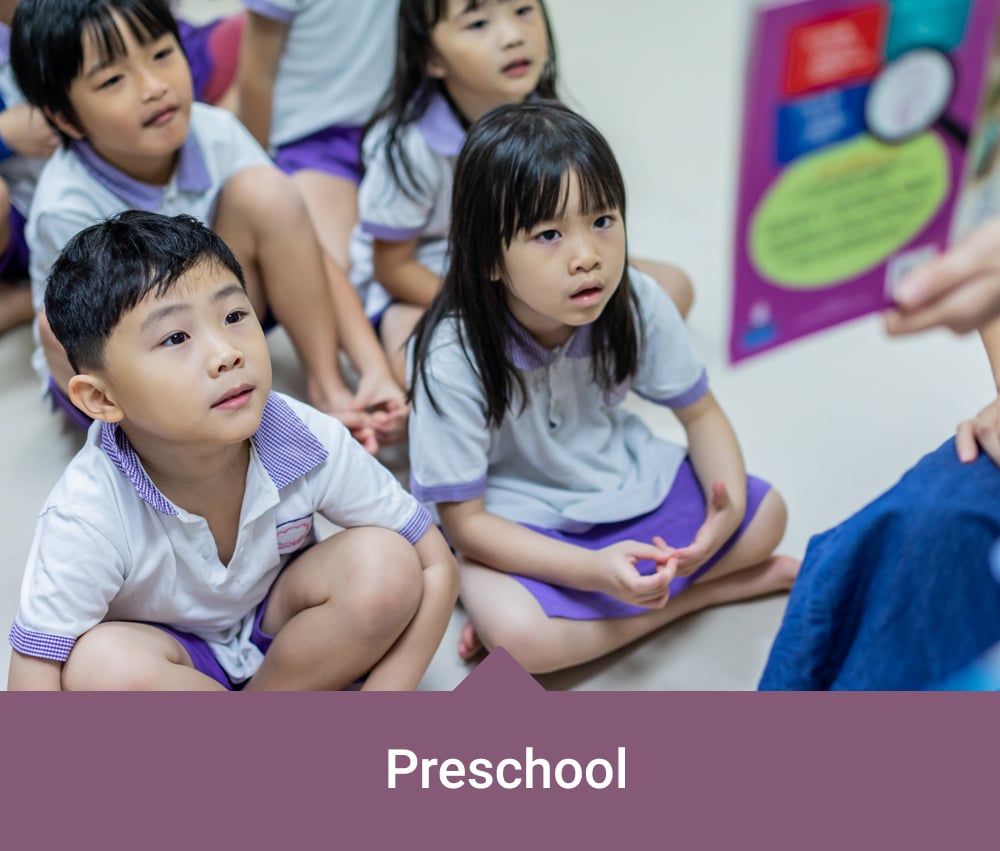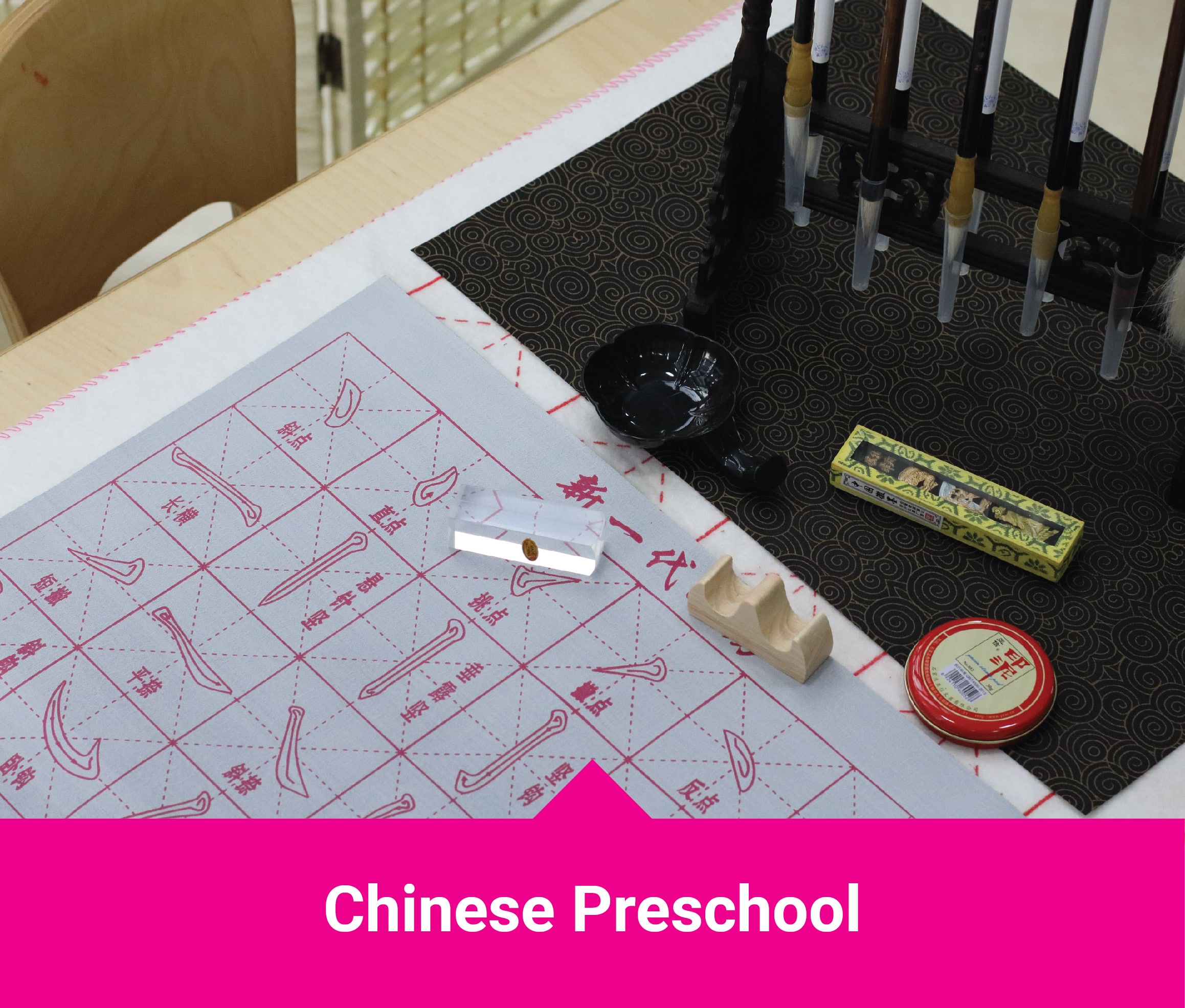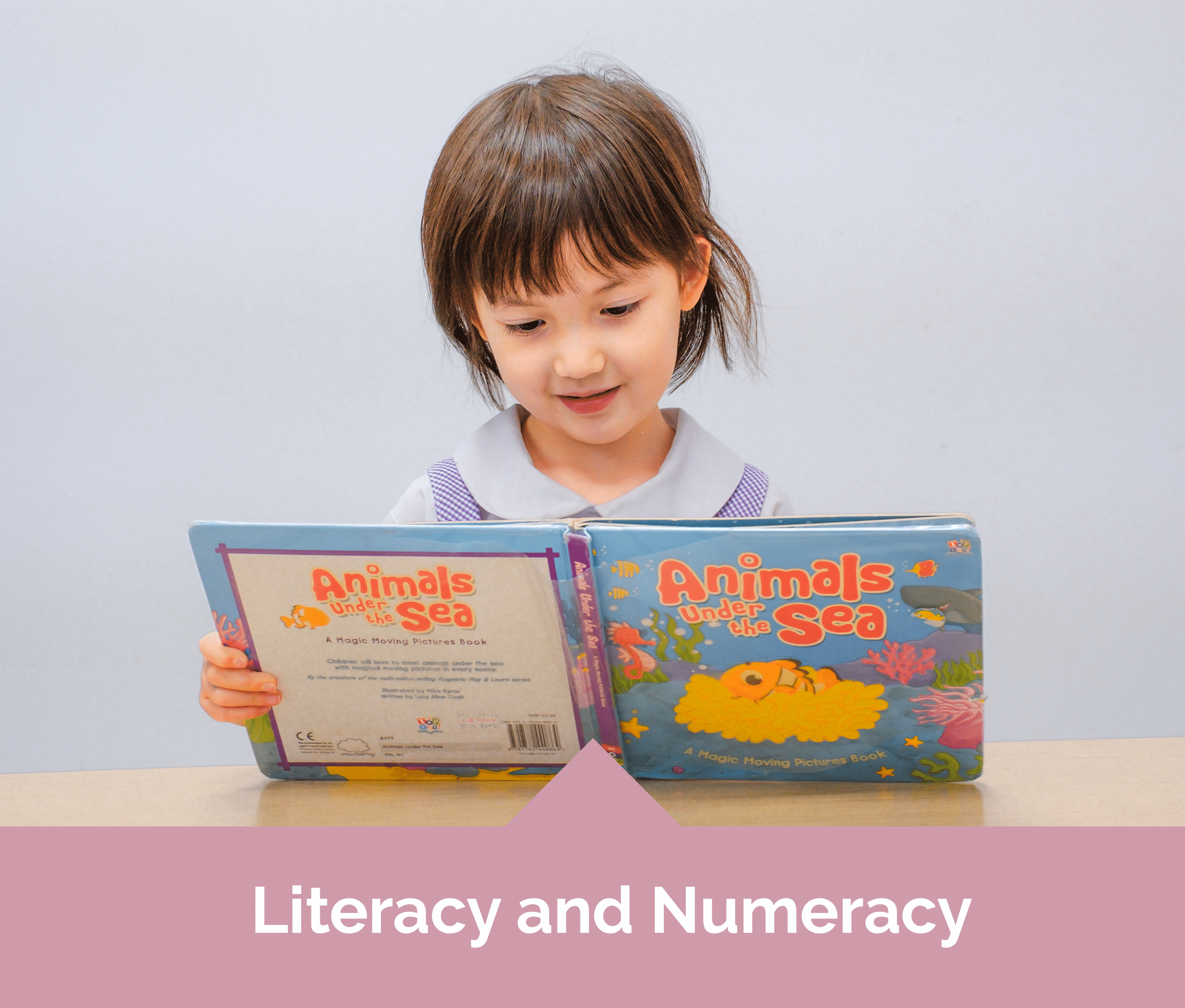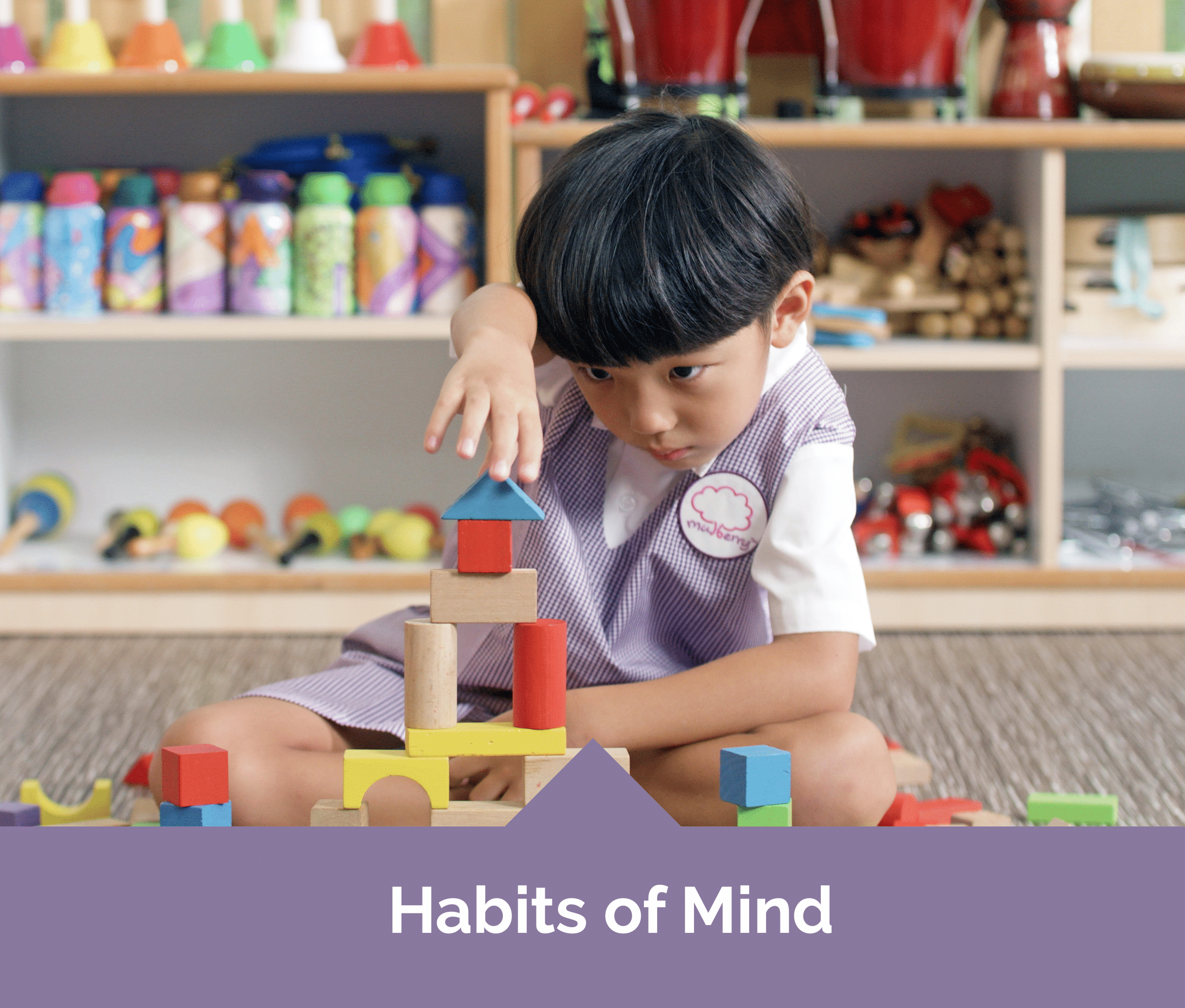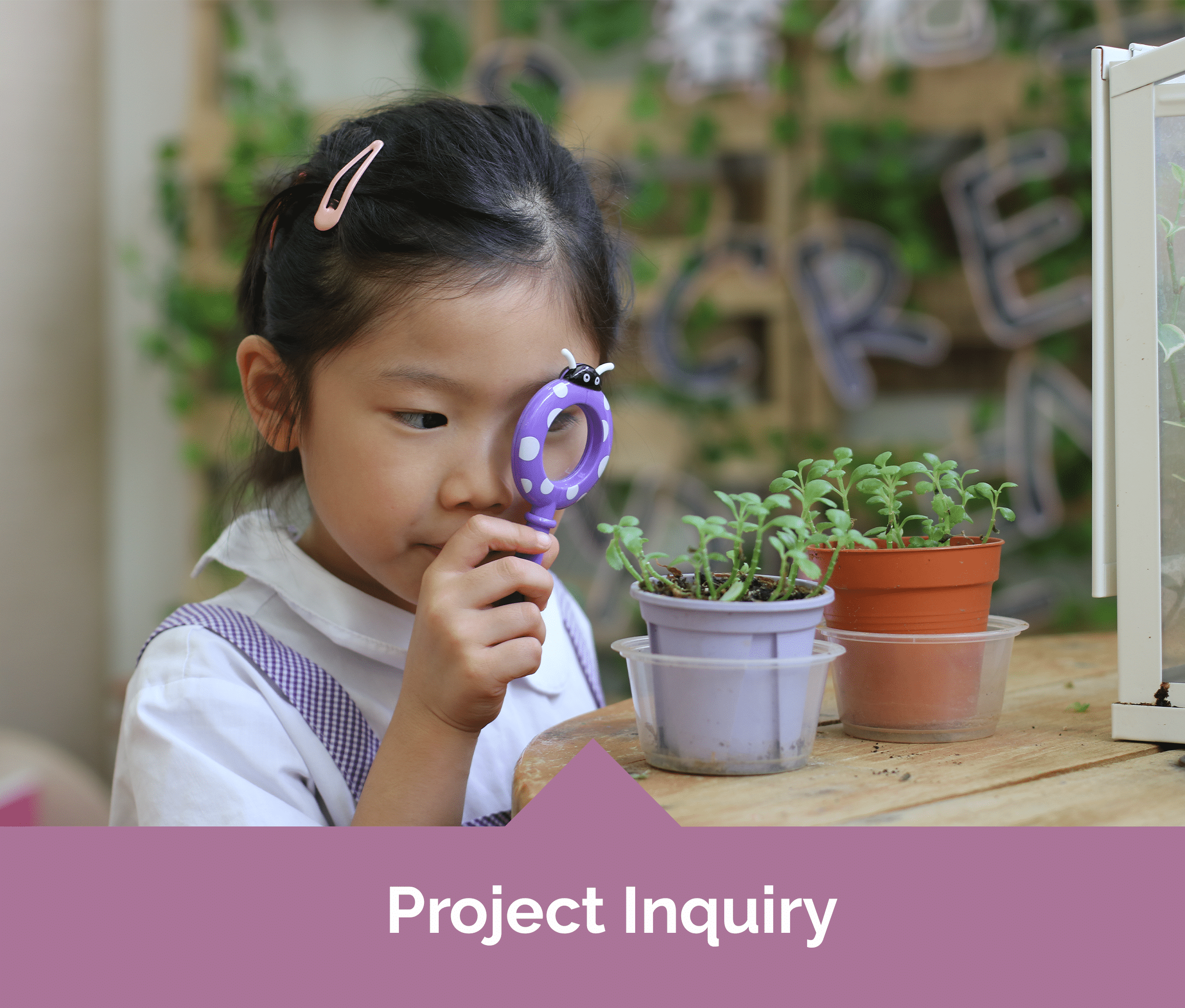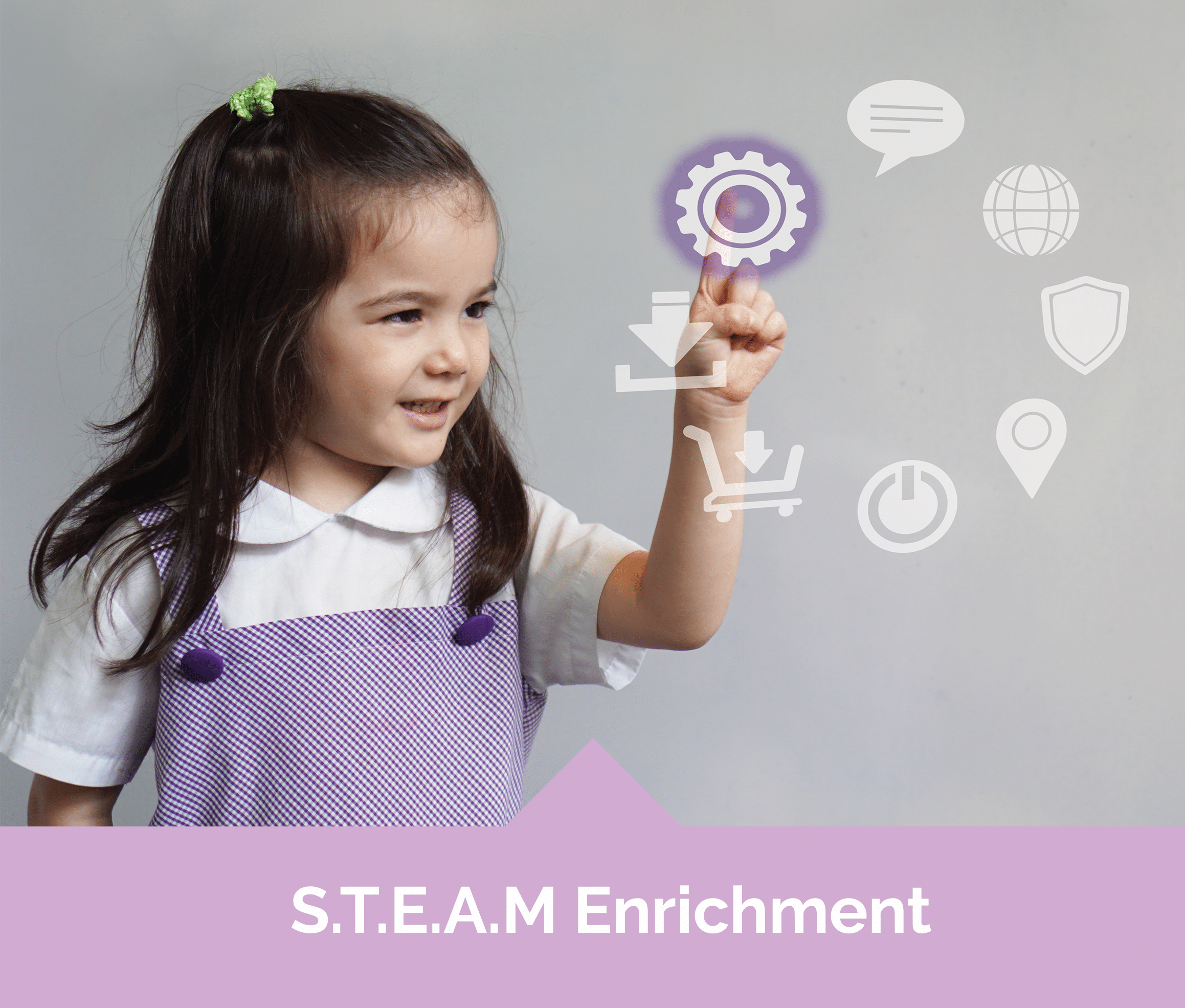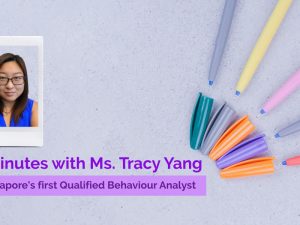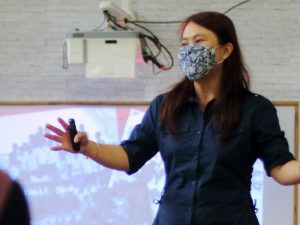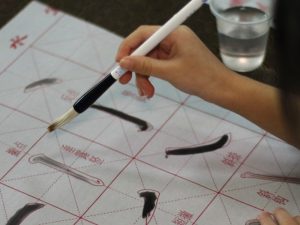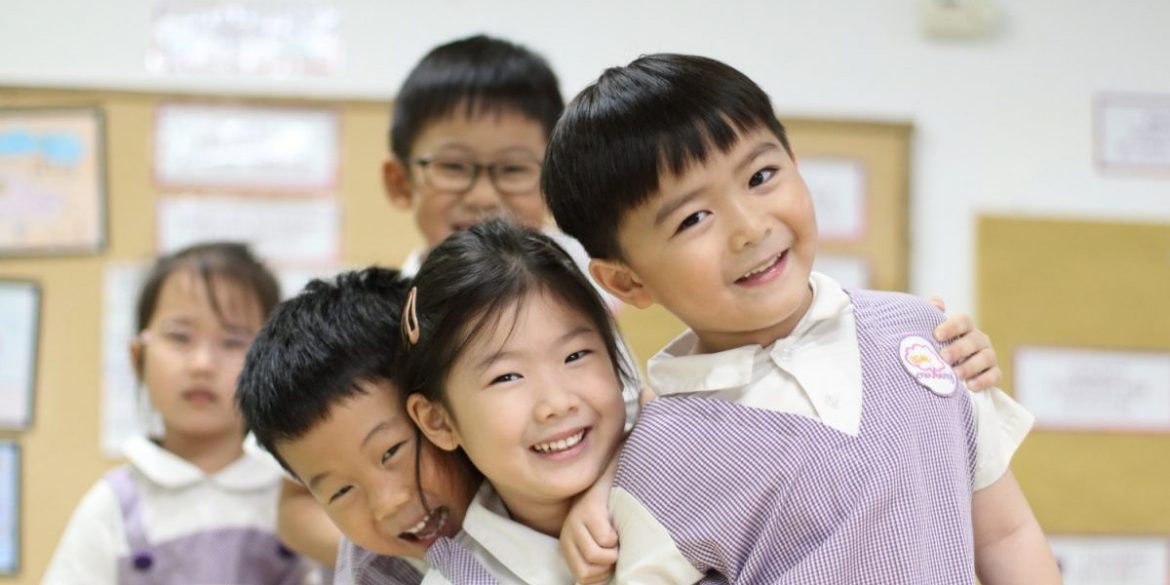
While attendance to preschool is increasing, it isn’t exactly compulsory or mandatory in most places. In Singapore, compulsory education only starts in Primary 1, or when a child is 7 years old. The long answer to the above question, however, directs our attention to whether it is necessary for children to attend preschool.
For most dual-income working parents, childcare centres are necessary and important as they require qualified educators to not just take care of their little ones while they are at work, but to inculcate positive dispositions and teach them literacy and numeracy skills. Even if they do have help in the form of their own parents or domestic helpers, they do recognise the value of good teachers and good preschool curricula.
But for those of you who have invested your full time into taking care of your child and may still be wondering if you should send your child to a preschool, read on!
What is a Preschool?
Preschool represents the crucial years when children switch from primarily home-based care and when they begin to engage with others in a group setting with common learning goals, all in preparation for their Primary school years. In Singapore, most people understand preschool as early childhood education institutions for children aged 6 years and below. This includes playgroups, child care centres, and kindergartens.
“More than 99% of incoming primary one students aged 6 years attend at least 1 year of preschool in Singapore” – LIEN Foundation
Why is Preschool Important?

You may also be interested in: Things I Learnt As A Parent After Experiencing An Award-Winning Preschool For A Day With My Child.
“We want to start earlier in a child’s life because these years make a big difference to his development. A good preschool education can make a crucial difference” – PM Lee, 2019 National Day Rally
Preschools are Too Expensive in Singapore; Can I Skip it?
Each day, when kids as early as 18 months, or 2 months for infants, are gaining a solid early education, leaving out on the early years of education for your little one is akin to giving them a difficult start in life.
Besides, there are numerous numerous subsidies in place to help parents defray the costs of sending your young ones to preschool. The most recent being the 2019 National Day Rally where it was announced that the income ceiling for means-tested subsidies has been raised to $12,000 per month from January 2020. A handy infant and child care subsidy calculator is available to help you plan out the costs.
All in all, is it necessary to send my little one to preschool?
Preschoolers are like little sponges, they can take so much in; much more than parents think.
Therefore, even though it is not mandatory or compulsory in Singapore, it will definitely be beneficial to send your little ones to preschool to get a sound foundation in literacy and numeracy, nurture positive dispositions, participate in fun and exciting enrichment programmes, and engage in age-appropriate inquiry processes.
In Singapore, you can enrol your little ones in full day or half day childcare programmes as early as 18 months, attending pre-nursery or playgroup classes. From 2 to 4 years old, they are enrolled in the Nursery programme and from 4 to 6, in Kindergarten. Mulberry Learning also offers infant care programmes for babies from 2 months to 17 months.
How do I go about choosing a preschool for my child?
If you are already convinced that gaining a good preschool education is important, how do you go about selecting one? Since this is your little one’s very first educational journey, and his or her very first experience being away from family in an all-new environment, it is perfectly normal to be unsure about how and where to begin.
Yet, choosing the right preschool isn’t all that difficult. It is necessary for you to ensure that you approach this with a good idea of what your child care needs are, and what you would like your little one to gain.
Bilingual Preschools vs Chinese Preschools
It can be extremely rewarding to raise bilingual children. Bilingual kids are exposed to new cultural horizons and a wide variety of new perspectives as they learn more than one language. Majority of preschools’ curriculum in Singapore are bilingual as they seek to prepare preschoolers for their primary years. In bilingual preschools, English and Chinese teachers take turns to teach, with English being the predominant language of communication.
As most families frequently use English at home, you may wish to send your child to a Chinese preschool during his or her formative years to enable them to master the language and gain a greater appreciation of the Chinese culture. Especially since China’s global presence continues to grow, it is even more essential for children to have a strong foundation in the Chinese language to excel in future.
Chinese preschools provide an immersive experience where greater emphasis is placed on cultivating the love for the language. An example would be Mulberry Learning’s first Chinese Preschool at Fusionopolis. The same award-winning Reggio-inspired curriculum is used, with the incorporation of a proprietary Chinese-immersion curriculum that is crafted by educational experts with over 30 years of early childhood experience. Through signature literacy programmes, children acquire an expressive vocabulary of over 4,200 Chinese words, master 80 Chinese idioms, and can recite more than 30 Chinese poems by age 6.
Preschool Curriculum
There are also various teaching methodologies and pedagogies in the early childhood education sector. Some popular ones include Montessori, Waldorf Steiner, Theory of Multiple Intelligences, and Reggio Emilia.
At Mulberry Learning, we infused the best of these approaches into our proprietary curriculum model. Our Habits of MindTM framework seeks to develop intelligent thinking habits and positive dispositions within a child, the Reggio-Inspired Project InquiryTM Programme as a way for children to discover new knowledge, the essential Literacy and Numeracy skills are nurtured in a structured and progressive way and complemented with S.T.E.A.M-based enrichment programmes.
Find out how our award-winning curriculum can benefit your child.
About Mulberry Learning
Established in 2006, Mulberry Learning is an award-winning Reggio-inspired preschool with 11 locations around Singapore. Mulberry Learning is the world’s first and only preschool network certified by the USA for the Habits of MindTM framework, and its curriculum has been voted as “Singapore’s Best Holistic Learning Programme” for 3 years running by leading parenting publications.
Register Your Interest to find out how Mulberry Learning can help your little ones become a confident communicator, independent thinker, and a passionate lifelong learner.


